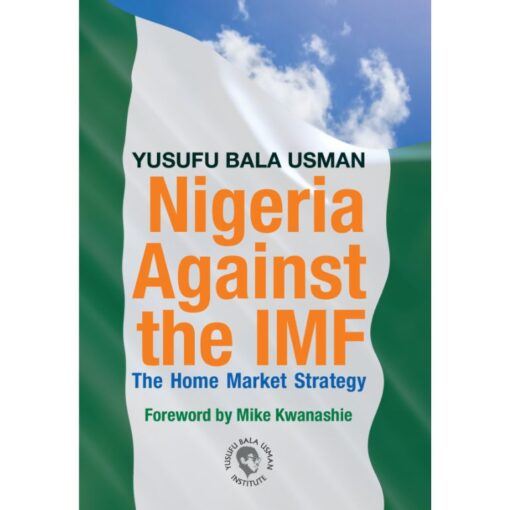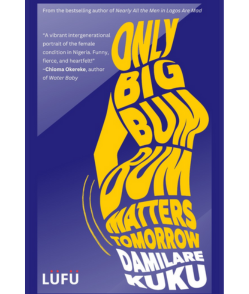Nigeria Against the IMF by Yusufu Bala Usman presents a critical analysis of Nigeria’s economic policies, specifically focusing on the impact of the IMF’s influence on the country. Thirty years after the book was first published, the insights and conclusions remain just as pertinent to Nigeria’s ongoing challenges.
The book examines how the adoption of IMF conditionalities failed to significantly improve the lives of the Nigerian people. Despite Nigeria’s rich natural resources, the country continues to struggle with poverty, ranking near the bottom of global poverty indices. The neo-liberal policies promoted by international agencies, including the IMF and the World Bank, have not led to economic progress for a large portion of the population.
Usman argues that the structure of the Nigerian economy, which was integrated into a globalized capitalist system, has not created wealth for the majority of the people. Instead, it has left many Nigerians marginalized. He challenges the effectiveness of Western-style capitalism in addressing the needs of the Nigerian populace and calls for the exploration of alternative economic models.







Reviews
There are no reviews yet.